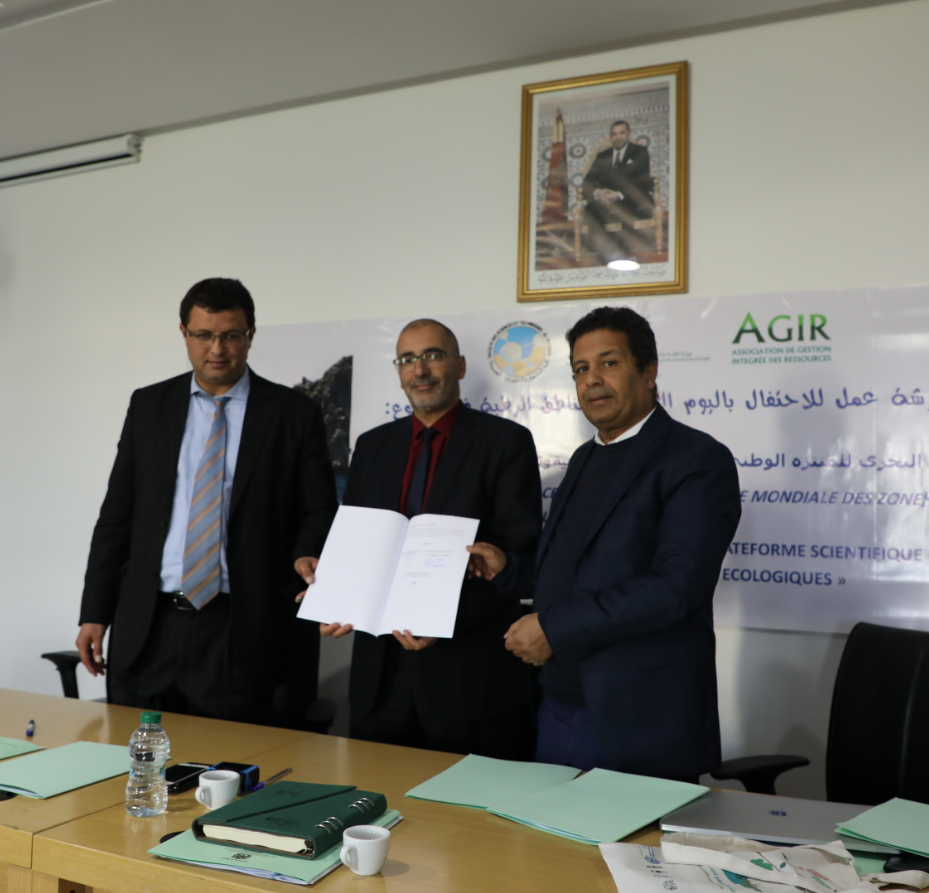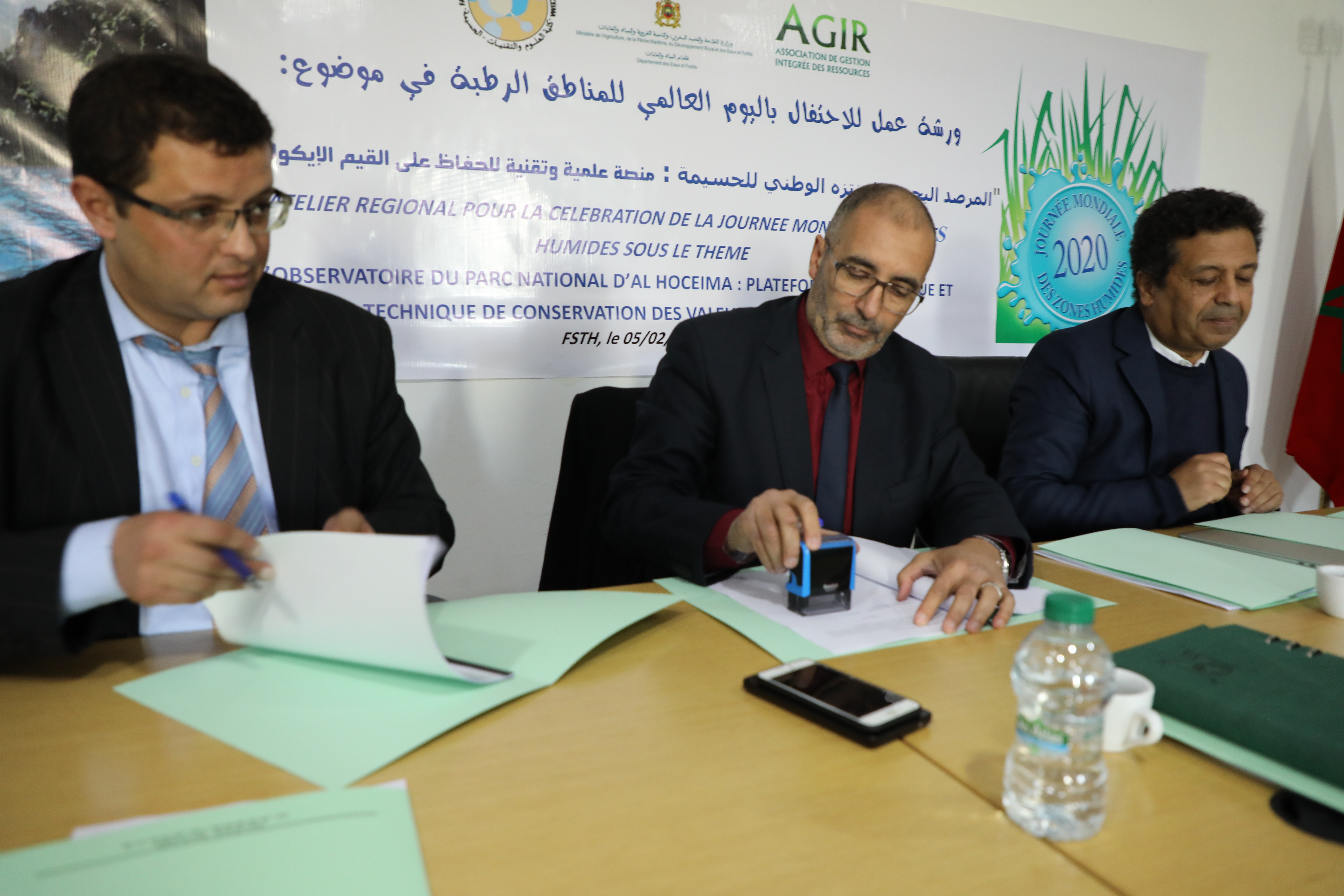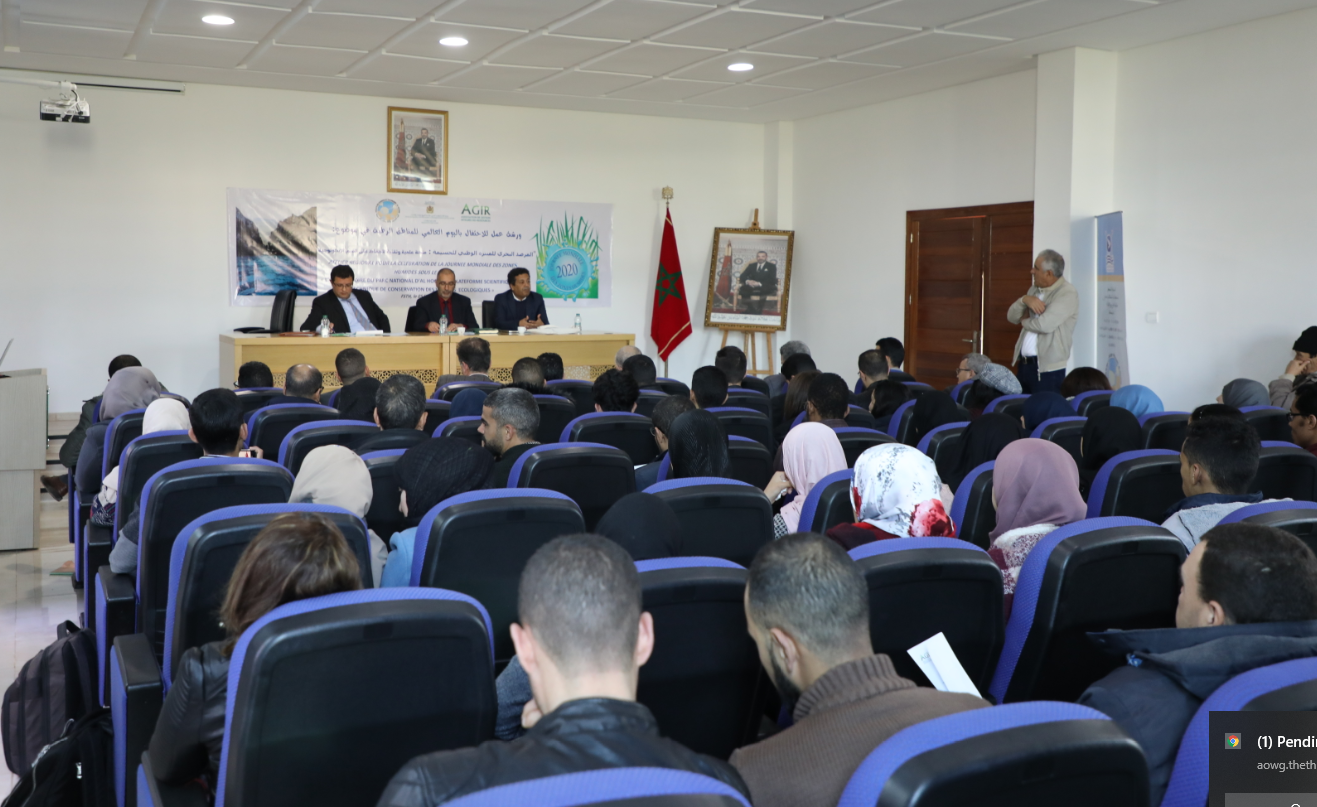The Association for Integrated Resource Management (AGIR), the EU-funded ODYSSEA project’s principal Moroccan partner has signed an agreement to establish and run ODYSSEA’s Moroccan marine observatory, at the Al Hoceima National Park, an important part of ODYSSEA’s pan-Mediterranean platform.

The agreement was signed between AGIR and Morocco’s Waters and Forests Department (Directorate for the North-East Region), the Abdelmalek Essaadi University’s Faculty of Sciences and Technology at Al Hoceima, and the Institute for Maritime Fishery Technology at Al Hoceima. It is focused on the establishment, management and functioning of the ODYSSEA marine observatory at the Al Hoceima National Park and its adjacent slice of sea. The observatory and platform will generate and make available real-time physical, chemical and biological data related to the coastal and marine zones of the park.
Under the terms of the agreement, the advanced equipment allocated to AGIR through the ODYSSEA project, consisting of a Glider, deep water sea lander and surface system equipped with receivers to gather marine scientific data that will serve operations of the Al Hoceima Observatory and will be shared with its key local End Users
“The agreement will allow the involvement of various user groups and stakeholders and the creation of services advancing a Blue Economy throughout the zone,” said AGIR’s President Houssine Nibani. “This will include research, communication, training, education and awareness-raising activities, which all constitute key elements in the conservation and sustainable development of protected areas.”

The agreement affirms AGIR’s responsibility for deploying the ODYSSEA platform’s technical equipment in the marine observatory zone, focusing on areas of biological and ecological interest.
AGIR will also train the Water and Forests Department personnel to install and run the observatory equipment and manage the data produced and will allow the consortium and end-users access to the data and services produced.
Research partners are committed to involve their experts, researchers and students in the project, and to running joint campaigns to increase awareness among the wider public, including open door days.
The Waters and Forests Department pledged to provide necessary infrastructure, assist in receiving the equipment into the country, help advance related research programmes, and produce an annual report for the public summarising the Observatory’s activities and information received on the ecosystems monitored.
After an initial period of three years, the partners will decide whether to extend the agreement further.


